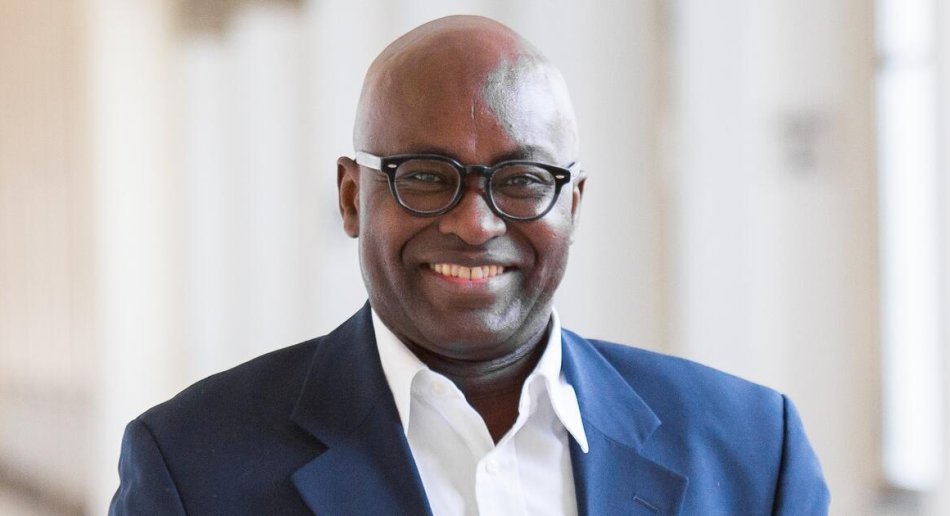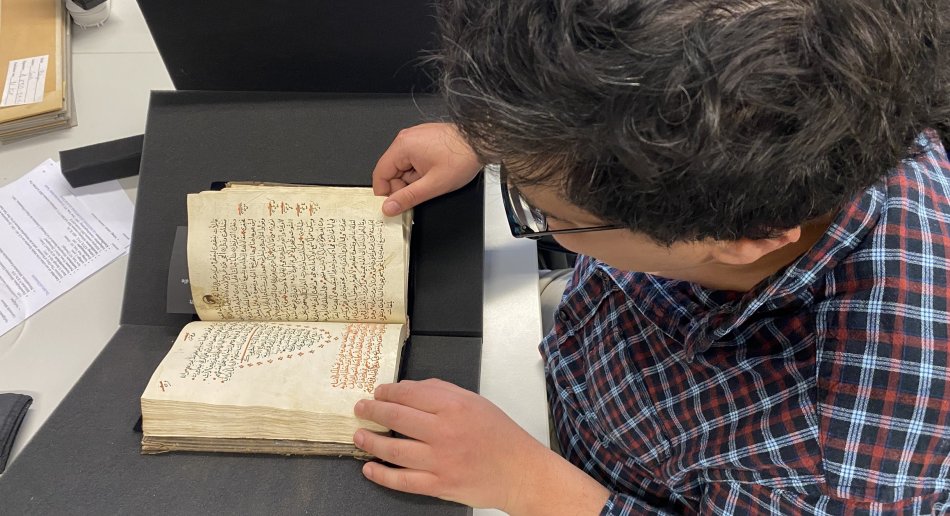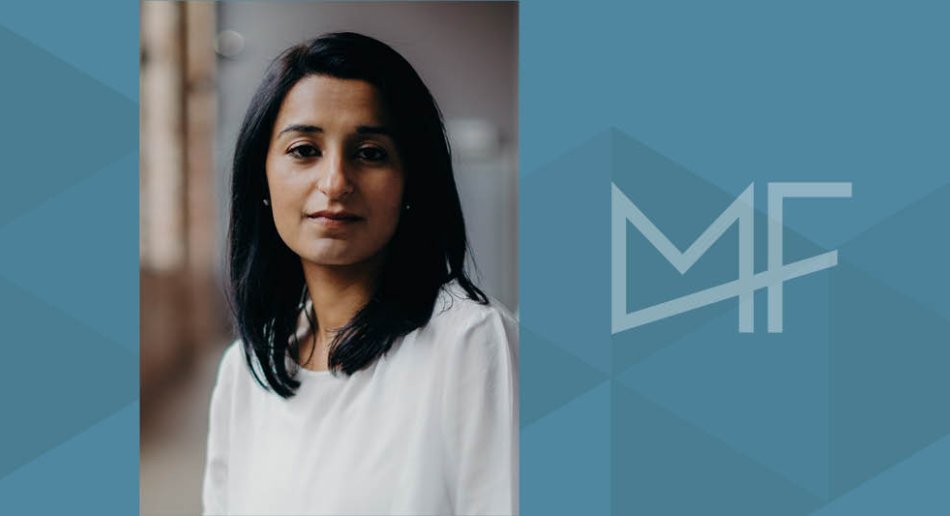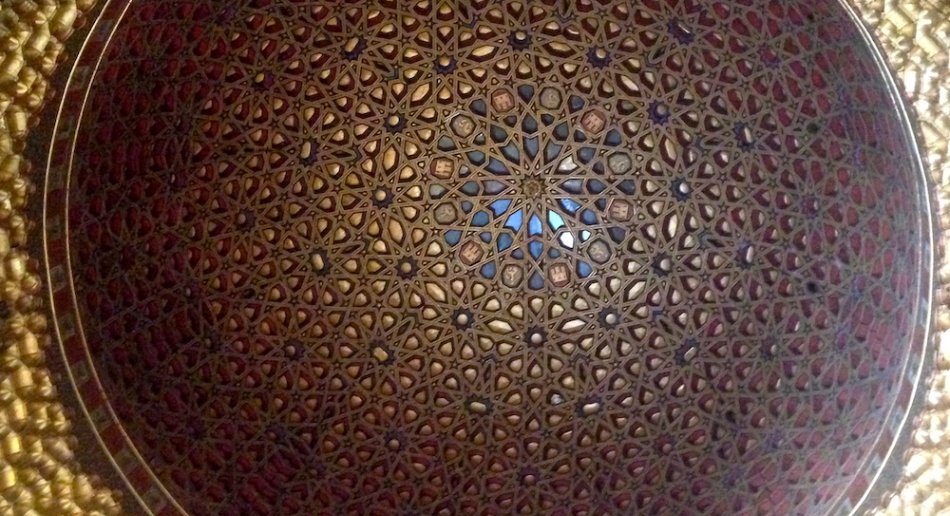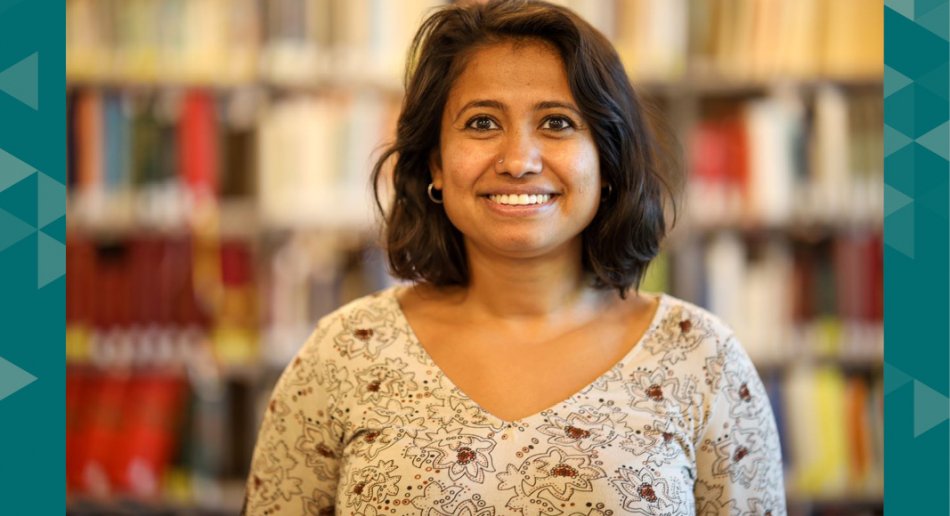
ERC Starting Grant to Moumita Sen
Associate Professor Moumita Sen received a starting grant for her project POLDEI. The Starting Grant is given to help excellent younger scientists, who have 2 to 7 years’ experience after their PhDs, to launch their own projects, form their teams and pursue their most promising ideas.
“POLDEI will build a transdisciplinary theory of political deification by using case studies from East, South-East, and South Asian countries to analyse popular cultural concepts that address the deification of political leaders.”
Moumita Sen is grateful for the support and help in the prosess of applying for the grant:
"I wish to thank Bodhi, Unn Målfrid, and Knut who have helped and supported me tremendously during this process. Vidar’s encouragement, Gunstein’s patience with my bad math, and the kindness of good colleagues at MF have been invaluable for someone working with a six month old at home. I want to thank the Mythopolitics team, Aike, Hugo, Brent, Kenneth, Cindy, and particularly Liv Ingeborg and Silje, for reading and providing exceptional comments on the proposal drafts. My family in Norway and India have been very supportive as I went on what I thought was a wild goose chase. Finally I want to thank my mother, who finds something to smile about in the most difficult of times, for teaching me the value of resilience."
MF's rector Vidar L. Haanes highlights the importance of the grant for an institution such as MF:
"We are proud and happy for another ERC grant. Moumita Sen’s project is highly relevant and ambitious, and she definitely is an impressive young scholar. For MF as a small, specialized university it is of high importance to receive grants from ERC."
Read the full abstract for POLDEI below:
Political deification—i.e. the transformation to and treatment of political leaders as divine beings—occurs in various religious and national contexts in Asia and has been understood as instances of messianism, custodianship, sacred kingship, martyrdom, pacification, and charismatic authority among others. These concepts travel, intersect, and imbue the different political systems in Asian countries. Yet they have been studied only as discrete political phenomena, not as related and overlapping concepts under an overarching theory that explains the deification of political leaders. POLDEI will build a transdisciplinary theory of political deification by using case studies from East, South-East, and South Asian countries to analyse popular cultural concepts that address the deification of political leaders. This transdisciplinary project will use innovative methods from film studies, visual/performance studies, and culture studies, in addition to the study of religion, political science, and anthropology, to interpret the popular understanding of such religiopolitical phenomena. The project POLDEI will develop a theory of political deification to understand how the legitimacy of political rule is grounded in concepts derived from religious worldviews. This theory built from Asia is not just for Asia. The proposed theory will provide us with the analytical tools and conceptual categories we need to decode the contemporary challenge of rising religious nationalisms not just in Asia but at the global level. From the perspective of the history of science, the project will test the results of this radical act of relocating not just the ground of theory but also the geopolitical pattern of applicability.
Read about Moumita Sen's ongoing project Mythopolitics in South Asia here.
President of the European Research Council Prof. Maria Leptin said:
“It is a pleasure to see this new group of bright minds at the start of their careers, set to take their research to new heights. I cannot emphasise enough that Europe as a whole - both at national and at EU level - has to continue to back and empower its promising talent. We must encourage young researchers who are led by sheer curiosity to go after their most ambitious scientific ideas. Investing in them and their frontier research is investing in our future.” “It is a pleasure to see this new group of bright minds at the start of their careers, set to take their research to new heights. I cannot emphasise enough that Europe as a whole - both at national and at EU level - has to continue to back and empower its promising talent. We must encourage young researchers who are led by sheer curiosity to go after their most ambitious scientific ideas. Investing in them and their frontier research is investing in our future.”
Aktuelt
